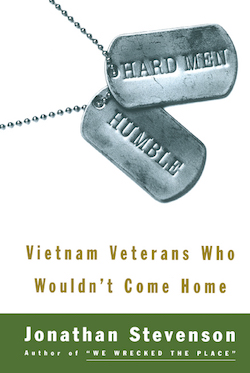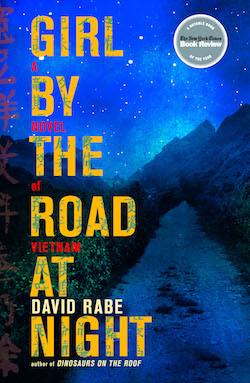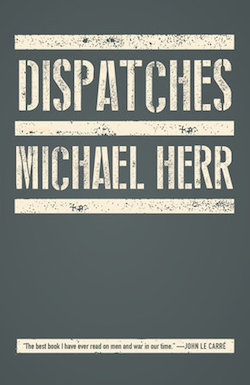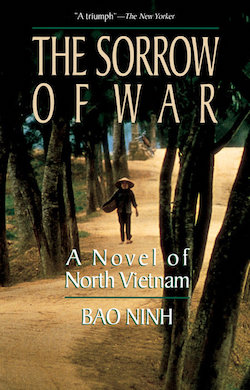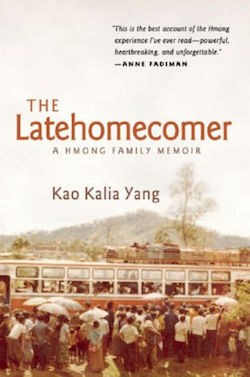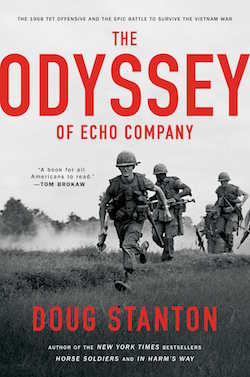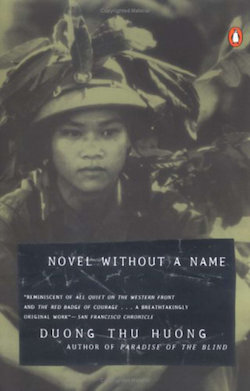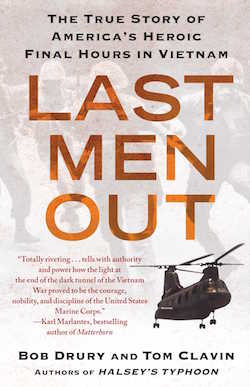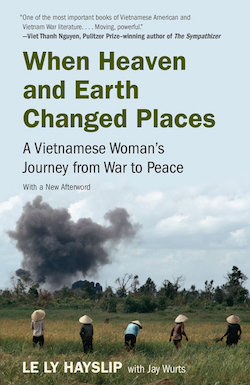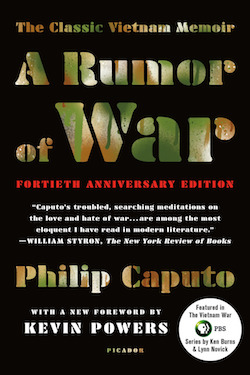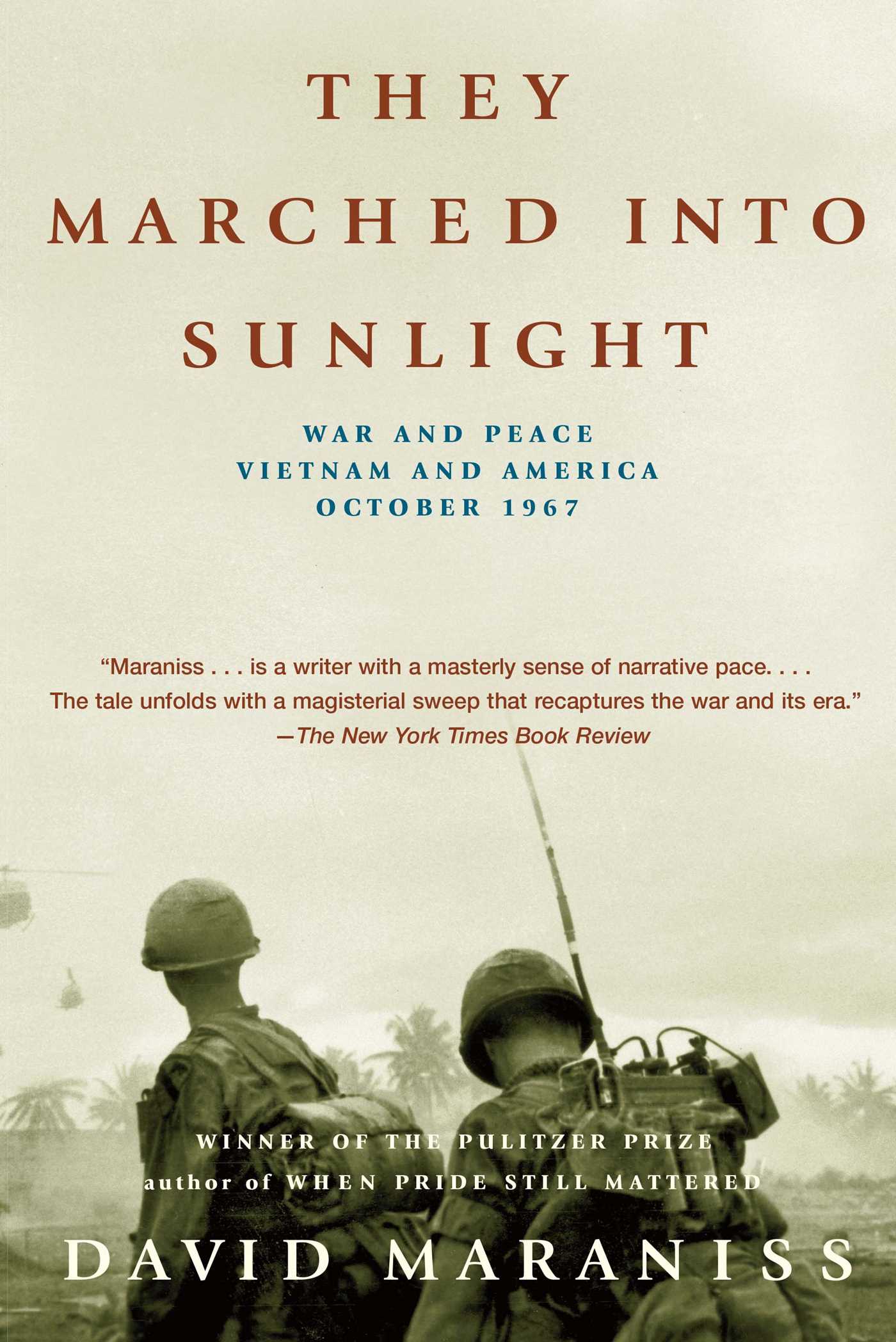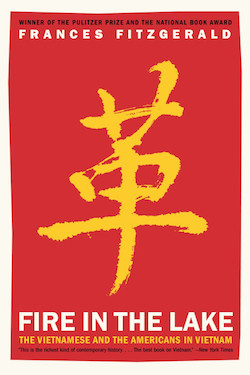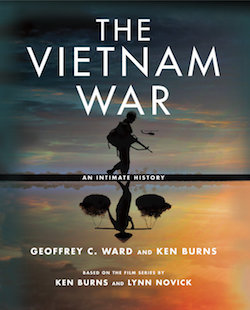As a huge Ken Burns fan I am eagerly anticipating the arrival of his next massive documentary series, The Vietnam War, which premiered on PBS on September 17. As the daughter and niece of four veterans of the Vietnam War, most of my life I’ve struggled to really understand the complexities of a piece of my family’s life and our nation’s history that is rarely taught or talked about. While it might not be easy for people like my dad and his compatriots to discuss that part of their past, we are fortunate enough to have authors who have put to paper the details of a war that is so near to us in time, but so far from our comprehension. Here are some of their stories, and hopefully an 18-hour documentary series can answer any other questions we might have.
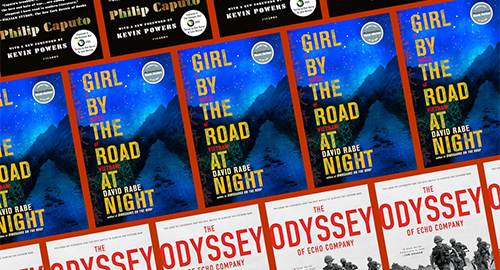
13 Compelling Books that Illuminate the Vietnam War
HARD MEN HUMBLE explores a rare community of expatriate Vietnam veterans who stayed overseas for many different reasons. Jonathan Stevenson brings to light the desire of those who don’t want to forget their time fighting in Vietnam and how they’ve lived since the war.
MENTIONED IN:
A young drafted army private leaves America for Vietnam, where he meets and becomes enamored with a local prostitute. A poetic look at loss and the feeling of love, the setting and sentiment of both characters parallels their desperate search for an escape from the cruel hands they’ve been dealt in a beautiful place.
MENTIONED IN:
This instant classic comes from the notes of Michael Herr, a reporter who was on the ground and at the front lines of the Vietnam War. His brutal yet compassionate retelling is a harsh reminder that he wasn’t alone in his experiences or in how he felt about them later.
MENTIONED IN:
Told through flashbacks and in a stream of consciousness, this international bestseller takes the point of view of a North Vietnamese soldier trying to recall all that he’s lost through the war. Clinging to the memory of his late sweetheart, Kien confronts the shame he feels for the things he’s seen and done, and mourns the loss of his innocence.
MENTIONED IN:
Kao Kalia Yang was born in a Hmong refugee camp in Thailand. She and her family later moved to California, when returning home to Vietnam was no longer an option. With no written language, the Hmong, who aided the American side during the Vietnam War and had to flee their homes, have had few opportunities to tell their stories. Yang expertly weaves a history of her culture, family, beloved grandmother, and the immigrant experience of a group of people largely ignored by history.
MENTIONED IN:
Hundreds of hours of interviews, detailed letters, and reports from the Pentagon help to bring the forgotten heroics of 12 American boys from the 101st Airborne Division to life. These members of the Echo Company survived 60 days on the run from the North Vietnamese Army during the Tet Offensive. Doug Stanton’s piece of literary military history reflects on the hardships faced by these soldiers, both in battle and in the country they returned to, which was full of contempt for the war and had no desire to hear their stories.
MENTIONED IN:
Banned in Vietnam, Duon Thu Huong’s powerful novel offers an entirely different perspective from what much of American literature and film about the war has brought to the forefront. It follows the physical and moral path of a North Vietnamese soldier looking to defend the values of Communism he thought he believed. After a decade of horror and consequence, he grapples with his memories of war and struggles to understand what he was fighting for.
MENTIONED IN:
An examination of the last days of American occupation in Vietnam, LAST MEN OUT is a captivating narrative from Bob Drury and Tom Clavin. Using recently declassified documents and interviews, the authors thrust the reader into the last two days of the Vietnam War, and into the lives of the last men out of the country, 11 young marines who were rescued from the roof of the U.S. Embassy.
MENTIONED IN:
Bringing to life the vivid scenery of her home in Vietnam and the toll the war took on her community and family, Le Ly Hayslip tells her moving and difficult story in this poignant memoir. As the war raged around her tiny village in central Vietnam, Hayslip was one of the many children torn from their families and forced into imprisonment and interrogation. Her escape from both sides of the war, and eventually Vietnam entirely, gives way to her later return to her home and family after 20 years living in America.
MENTIONED IN:
At once a classic and essential piece of war literature, Philip Caputo’s profound account of his time serving on the front lines in Vietnam is an honest and heartbreaking look at the price humanity pays for battle. When this book was published in 1977, it brought the plight of returned soldiers and the way their neighbors and families saw them to the forefront of our country’s mind.
MENTIONED IN:
David Maraniss intertwines the stories of many living in this time of war to highlight the political and cultural conflicts within America. By focusing on the efforts of soldiers in Vietnam, antiwar students back home, and officials in Washington, this narrative pulls together a thorough glimpse of vastly different sentiments and actions during that tumultuous time.
Pulitzer Prize–winning author David Maraniss tells the epic story of Vietnam and the 1960s through the events of a few gripping, passionate days in October 1967, including the student riot at the University of Wisconsin at Madison, when protesters tried to stop Dow Chemical, the maker of napalm, from recruiting on campus.
Read the full review of THEY MARCHED INTO SUNLIGHT here.
This Pulitzer Prize–winning book is an examination of the cultural and political climate and differences between Vietnam and America. Frances FitzGerald uses detailed research and notes from her own travels to look at Vietnam as a complex country dealing with its own intricacies of culture and government before American forces arrived and escalated a situation that few fully comprehend.
MENTIONED IN:
This intimate history is the companion to Ken Burns’s documentary series that draws on dozens of interviews in America and Vietnam to give us the perspectives of people involved at all levels of the war. Rather than taking sides, the book seeks to understand why the war happened the way it did, and to clarify its complicated legacy.
MENTIONED IN:

